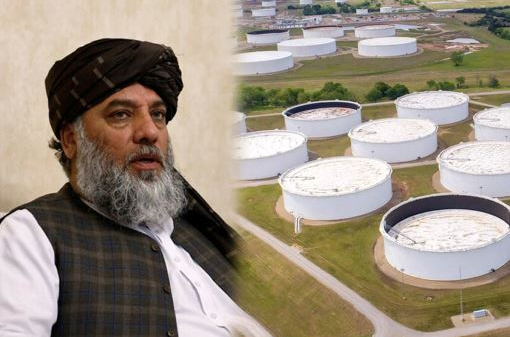NEW YORK: The United Nations reiterated its plea for all parties involved in conflicts in the region to step back from the brink and consider the immense human and economic toll of a potential regional conflict.
Emphasizing the continued volatility of the area, it called for the formulation and execution of a clear political roadmap aimed at resolving the ongoing conflicts.
During a Security Council meeting discussing recent escalations in the region, including US strikes in Yemen, Syria, and Iraq, Rosemarie DiCarlo, the under-secretary-general for political and peacebuilding affairs, renewed calls for an immediate humanitarian ceasefire in Gaza and the unconditional release of all Israeli hostages held by Hamas.
The UN has repeatedly cautioned against the risk posed by Hamas’ October 7 attacks on Israel and the ensuing conflict in Gaza, warning of the potential for a broader regional escalation. Subsequent to these attacks, there have been nearly daily incidents across multiple countries, with approximately 165 attacks on US targets in Syria and Iraq, prompting retaliatory strikes from Washington.
On January 28, a drone attack resulted in the deaths of three American personnel and injuries to 40 others at a US military outpost in northeastern Jordan, marking the first combat fatalities among US forces in connection to the current regional crisis. The US attributed the attack to the Islamic Resistance in Iraq, with President Joe Biden vowing accountability for those responsible.
In response, US Central Command conducted 85 retaliatory airstrikes in western Iraq and eastern Syria, targeting sites associated with Iran’s Quds Force. While stressing its lack of desire for wider conflict in the Middle East or elsewhere, Washington highlighted the strikes’ focus on command-and-control operations, intelligence centers, and weapons facilities.
Iran, Iraq, and Syria condemned the strikes, citing civilian casualties and disputing US claims of prior warning. Despite the Iraqi government’s commitment to protecting coalition forces, armed factions linked to the Islamic Resistance in Iraq have pledged to continue attacks.
DiCarlo outlined the extensive violence spanning the region since early October, including exchanges of fire between Israel and Hezbollah along the blue line, drone and missile attacks by the Houthis in Yemen threatening international shipping in the Red Sea, and recent strikes by the US and UK on Houthi positions in Yemen.
Russia’s representative to the UN accused Washington of deliberately fueling conflict to expand it across major regional powers, calling for condemnation of these actions and warning of escalating chaos beyond the Occupied Palestinian Territories, encompassing Israel, Lebanon, the Red Sea, and Yemen.
I am an experienced writer, analyst, and author. My exposure in English journalism spans more than 28 years. In the past, I have been working with daily The Muslim (Lahore Bureau), daily Business Recorder (Lahore/Islamabad Bureaus), Daily Times, Islamabad, daily The Nation (Lahore and Karachi). With daily The Nation, I have served as Resident Editor, Karachi. Since 2009, I have been working as a Freelance Writer/Editor for American organizations.










